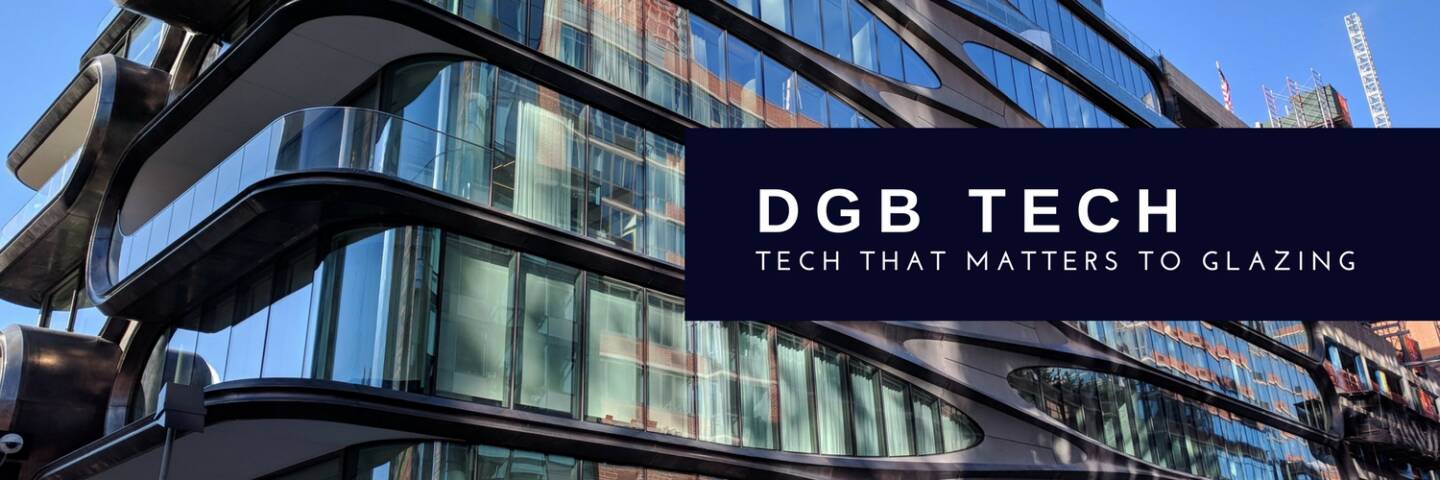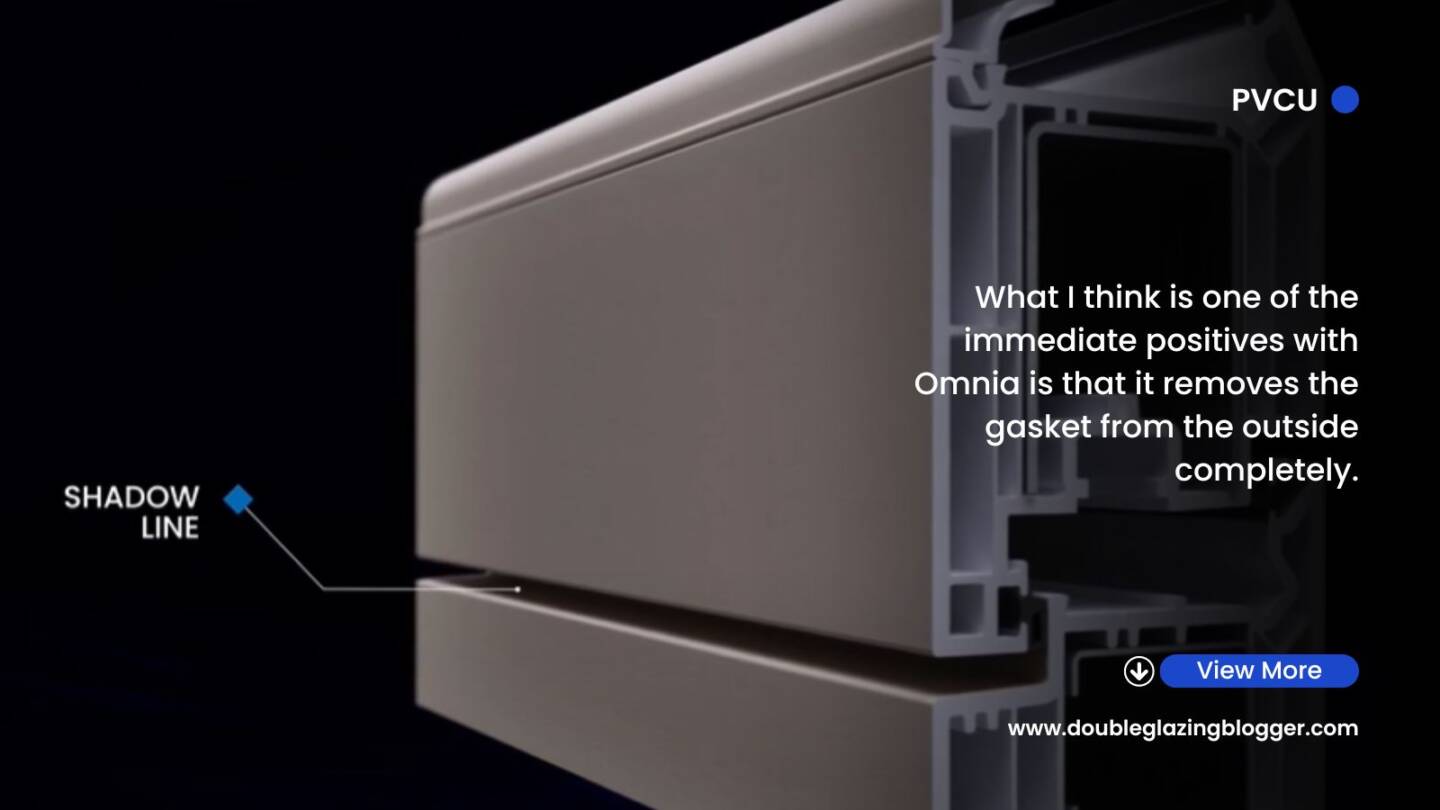Like it or not, the tide is turning against plastics. The word tide is apt here as it happens. The Sky News Ocean Rescue campaign has really brought it home the past 12 months about just how bad plastics are ruining our oceans around the planet. Some of the films they have made and reporting on TV have been truly horrific.
Blue Planet 2 has had the same effect. All that stunning footage of the amazing things our blue dot holds, and then man made garbage rapidly ruining it all.
Naturally, attention has since turned to plastic, how we use it, how we make it and how we recycle it. The biggest push has been to improve the recycling of plastic materials. A noble effort. But there is now a growing movement to remove single-use plastics from our everyday lives. Something I can get on board with. There are plenty of easy to source and easy to produce alternatives out there, we just need to change our own habits.
The PVCu window and door industry however is not going to be immune to this changing social attitude, and we have to be prepared now before the spotlight turns to us.
Fully recycled systems
There is some recycled material in the window and door supply chain right now. Take WERBAR reinforcement in Solidor outer frames. Eurocell uses it in their Modus system. These are not fully recycled systems, and this is where I think we’re going to have to very quickly progress if we are to satisfy a growing proportion of the population that believes that plastics in all forms should be removed from use completely.
PVCu, as we know, can be recycled for a very long time. Ten cycles in fact. If PVCu, with an average lifespan of 30 years in the form of a window or door product, was to be recycled those ten times, then that material would be in circulation for a good 300 years before something has to be done with it and it is no longer fit for use. I’d say a 300 year long lifespan isn’t bad. Not eternal though. The end-of-life solution hasn’t been made clear to me yet. Yes we have dedicated recycling plants like Eurocell and VEKA have to process tens of thousands of PVCu frames per week. But these frames will only be first or second generation, with many more cycles to go. What happens to the frames then? They can’t go in the sea. We don’t want them to go into the ground. We need to start getting creative now before later generations have the problem to solve.
Whilst it is noble that some suppliers actively choose to use some recycled materials as part of their overall products, ultimately, we need to be shooting for window and door systems that are made entirely out of fully recycled materials. A 10% reduction here, 20% reduction there of post-consumer waste going to landfill won’t be enough to satisfy standards expected in 2018.
It’s also worth noting that the window and door industry, although improved somewhat, still has a fairly dodgy reputation. If media attention and social media spotlight turns to the PVCu window and door sector long and strong enough, I am not sure how well this particular sector will hold up. The argument for timber windows would certainly grow, something I don’t think the timber companies out there will mind. And I think aluminium would do well out of a PVCu slump as well.
There’s not getting away from it, the PVCu part of our industry needs to reform now, and in a big way. Changing attitudes are coming, and the window industry needs to adapt now.
Would you sell it?
As far as I can tell, the majority of installers, fabricators and systems companies still prefer to deal with virgin PVCu products. That means fresh PVCu, nothing recycled in it. All brand new raw materials. Like a new car, there is something clean, crisp and fresh about something new. But it is a dirty, highly inefficient and environmentally damaging process to get a PVCu window and door to market. Even the raw material argument will render virgin materials useless sooner rather than later. So we’re going to be forced into the recycling effort whether it’s for environmental reasons or material reasons.
But would you actually want to make and sell it? As an installer, would you try and market a fully recycled PVCu window and door range to home owners and all the USPs they bring? As a fabricator, would you produce a fully recycled system and try to get ahead of the trend? At this moment in time, I am pretty sure if given the choice, most would say they would stick with the virgin option.
I would go a different way, and offer a completely separate, fully recycled system along side existing virgin systems. Customers want choice. They want the ability to choose. If we start to see a wave of home owners coming into showrooms and asking to see a fully recycled window or door, we can’t show them anything. The PVCu industry then risks losing that business to the timber or aluminium market.
And when I say fully recycled, I mean fully. No recycled inserts of percentage grades. I’m talking about a PVCu window or door where the PVC itself is all made from post-consumer waste. IGUs made from recycled glass. Spacer bars the same. Even down to the components if possible. If we can get to a stage where ranges of windows and doors are made from already existing materials, and nothing new has been plundered out of the ground, this will be a big step in the right direction.
There is a big marketing opportunity here too. “Green” is massively popular right now. If the PVCu window and door industry could get in front of the buying public and show off a fully recycled range of windows and doors, still achieving comparable security and energy efficiency levels, it will be a winner from day one. There is huge marketing mileage to make from this. We just need the biggest to take that first major step forwards and get the ball rolling.
To get weekly updates from DGB sent to your inbox, enter your email address in the space below to subscribe:







DGB Whilst these views are my own and not those of VEKA, I am very proud to be able to say that I work for the company that pioneered recycling of post-consumer PVC-U windows. I agree with you that social attitudes are changing towards plastics of all materials, that is why I would encourage the whole industry to promote the fantastic progress our sector has made regarding the recycling of post-industrial offcuts and end of life windows to ensure that we are not associated with the current mass hysteria from the media who only highlight the bad. It is People,… Read more »